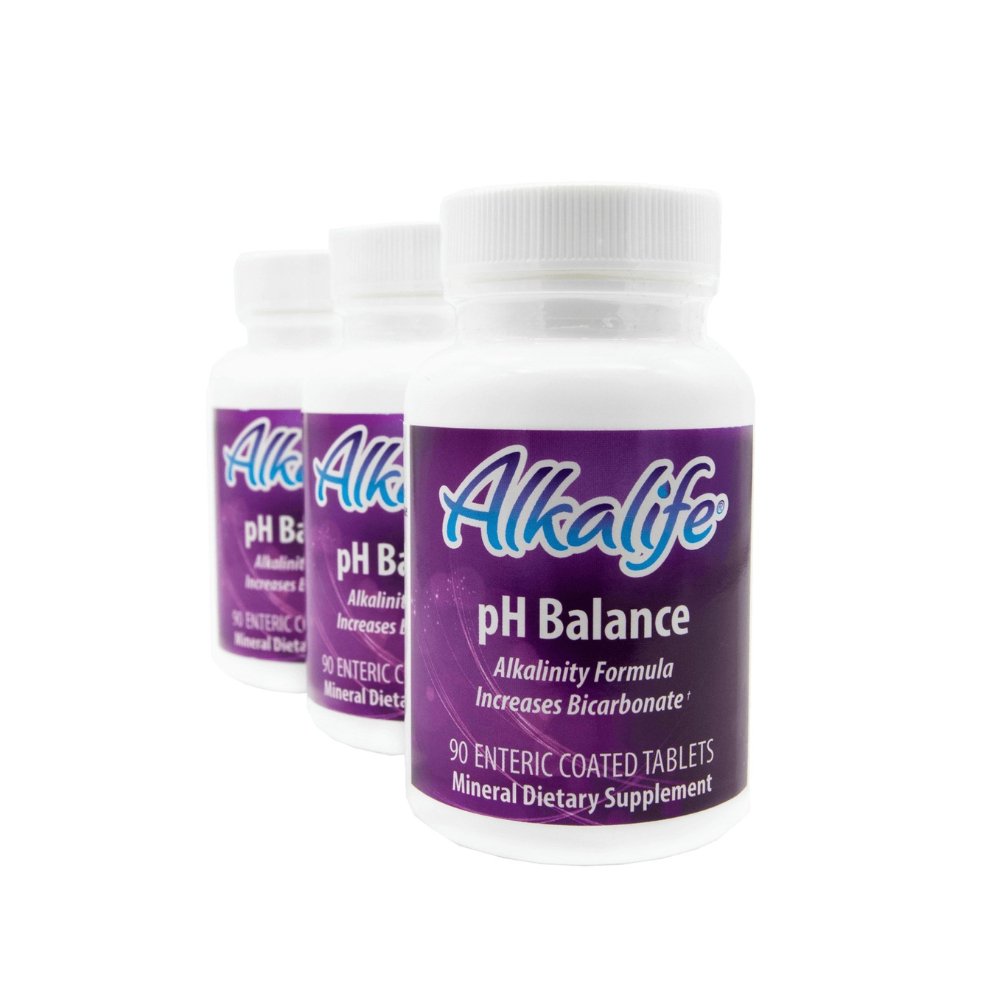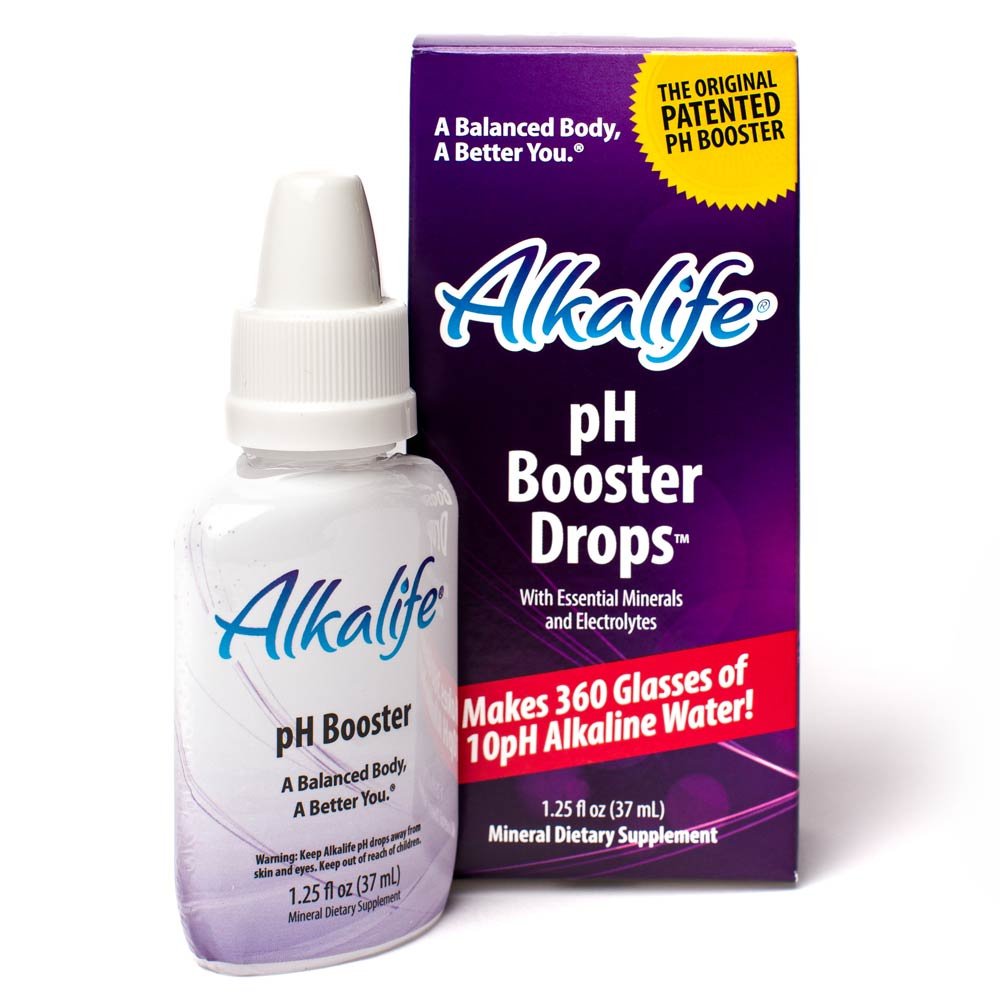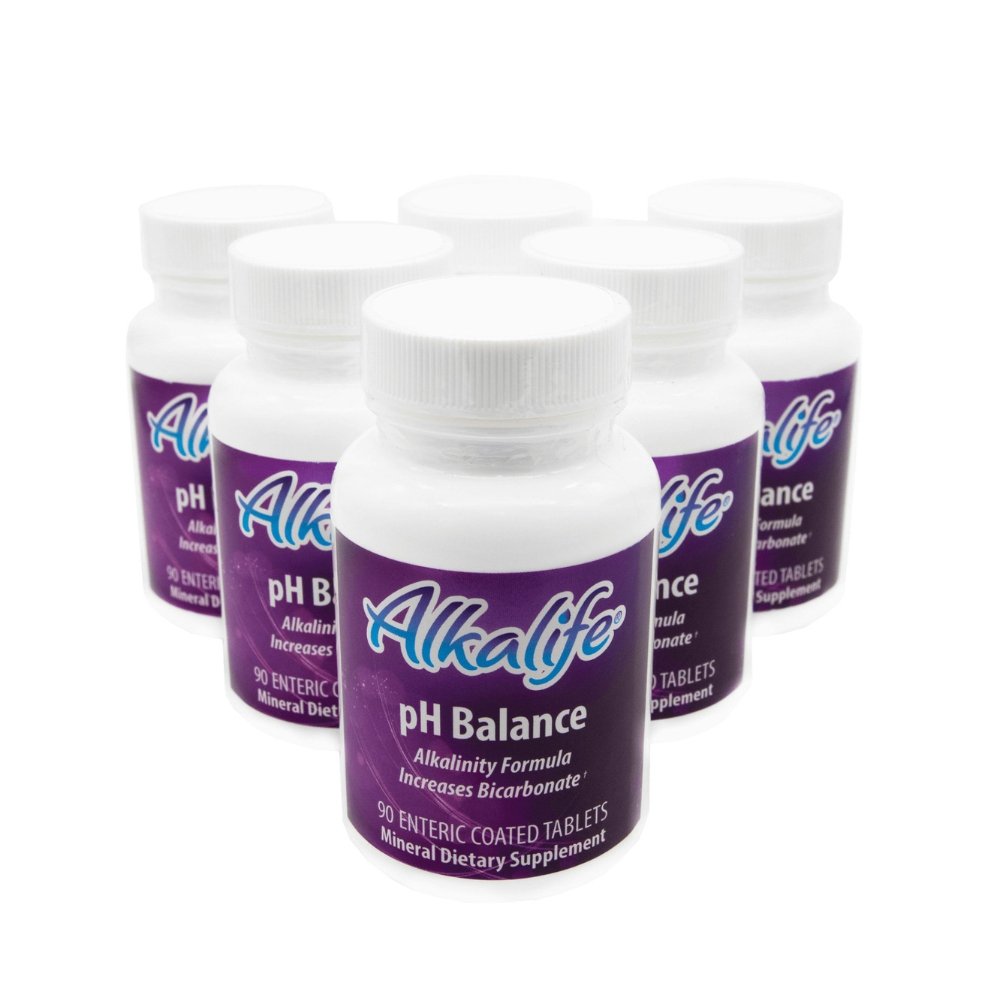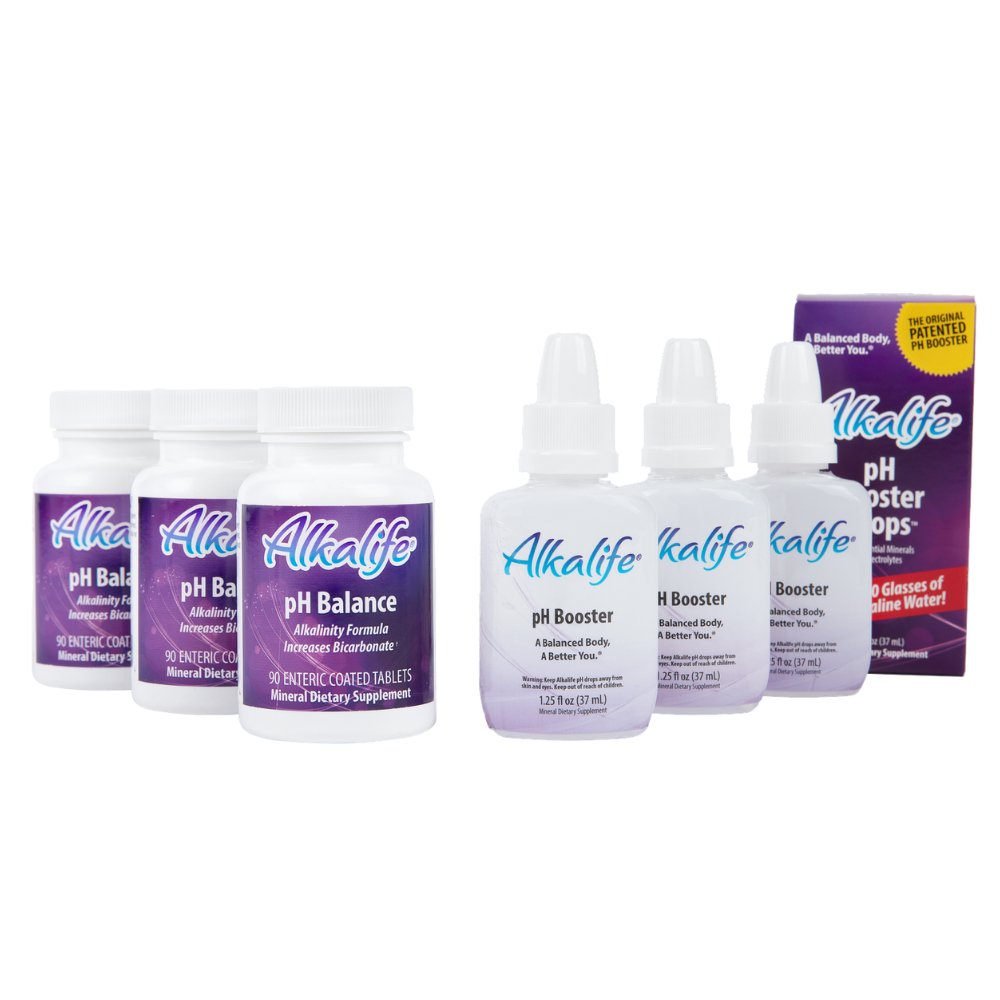Free US Shipping $49+ | 60 Day Money Back Guarantee
Free US Shipping $49+ | 60 Day Money Back Guarantee
5 Best Nootropics On The Market In 2022
December 02, 2022 10 min read

No matter what age you are, supplementing your diet with nootropics can improve key brain functions and slash the chances of brain deterioration as you get older.* In fact, considering all the compelling evidence, it’s a wonder why everybody is not already taking these dietary supplements to keep their brains functioning at peak levels.*
With the global nootropics market growing at a rate of 12.7% annually, the day is not far when most health- and fitness-conscious people will universally embrace nootropics as much as they embrace vitamin supplements.
What Is a Nootropic?
A nootropic is a supplement, drug, plant extract, amino acid, herb, vitamin, mineral, or any other substance that improves at least one aspect of brain function. Some of the functions that nootropics can improve are our attention, motivation, memory, learning, mood, anxiety, focus, and creativity.* It should be noted that a substance is only considered a nootropic if it improves mental function without causing any significant adverse effects.
Why Do People Use Nootropics?
People use these dietary supplements for a variety of reasons, from increasing productivity to boosting cognitive performance.* Others use them for their anxiety- and depression-reducing effects.* Some find that certain nootropics work better than prescription medications for treating conditions such as ADHD and learning disorders.*
The one thing nootropic users all have in common is that they are trying to improve how their brain and body works. Some may be trying to cope with anxiety while improving memory; some may be trying to retain lean muscle mass and better body composition; others may be trying to increase focus without affecting their mood. Although everyone’s goal might be different, in the end, they can all obtain improved overall cognitive performance.*
Two of the most common reasons that people seem to use nootropics are for better performance at work or in school. Lawyers, doctors, business leaders, artists, writers, computer programmers, and shift workers are all using nootropics to stay on top of their game. Students are increasingly using nootropics to pay attention in class, study for exams, and get homework done.
Here’s what people can get from using nootropics:
- Increased focus*
- Higher level of motivation*
- Improved learning*
- Better memory*
- Improved mood*
- Reduced anxiety*
- Increased creativity*
- Enhanced muscular power output*
- Treatment of various mental disorders*
- Increased problem-solving and logical thinking abilities*
If you’ve never used a nootropic, you might be skeptical when you hear about all these incredible benefits. Once you see for yourself how well it works, you will turn into a believer.
Keep in mind, everybody’s brain chemistry is different. A lot of people find that they have to try a few different nootropics before they find the one(s) that shows them the most noticeable results. That’s why it’s better – and faster – to try a supplement that consists of a wide range of nootropics, such as Alkalife® Brain Performance Plus™.
Where Does Science Stand on Nootropics?
Research shows that your brain, general health, and longevity are initially shaped long before you are born by the vitamins and antioxidants your mother ingests during pregnancy and even before conception. Many studies of adults of all ages have also found that certain compounds improve mood, learning ability, memory, attention span, hand-eye coordination, and reaction times.
Additionally, there’s a mountain of evidence documenting that middle-aged and older people can stave off intellectual deterioration and even regain their mental function by taking certain nootropics, particularly antioxidants and B vitamins.* A randomized, placebo-controlled study of 54 people showed that those who consumed bacopa monnieri (one of the most potent nootropics) had a stronger mental function, less depression, and decreased risk of losing their brain health to Alzheimer’s disease.
Why isn't everyone taking these cognition-enhancing supplements to maximize their mental performance? These substances have been proven to be safe in recommended doses and are relatively inexpensive compared to prescription medications needed to heal the damage of an unhealthy diet and lifestyle, so why aren't they a part of everyone's health regimen?
One reason is that conventional nutrition still maintains that the brain is not impaired unless the body is in a state of severe malnutrition induced only after serious and prolonged deficiencies. Thankfully, more and more researchers are arguing that the brain can be the target of subtle deficiencies that leave it in a poor condition long before any physical signs of conventional malnutrition are noticeable.
We know that a wide range of vitamins, minerals, amino acids, and micro-nutrients are linked to psychological functioning and that many effective brain nutrients are missing in typical, highly processed diets. What is sufficient to prevent physical symptoms of malnutrition may not be enough to prevent impaired cognition. Even the tiniest deficiencies could cause undetected disruption in how your brain works.
Boost Your Cognitive Functioning with Proven and Top-Rated Nootropics*
Do you wish to know which nootropics are considered the most effective in improving mental performance and preventing age-related brain deterioration? Let’s take a deep dive.
Vitamin B6
Failing to get enough vitamin B6 can bring psychological distress and subpar brain performance. You’re likely to be more irritable, depressed, angry, fatigued, confused, and less able to concentrate; plus, your memory may suffer. To say that vitamin B6 has a significant effect on neurological functioning wouldn’t be an understatement.
Vitamin B6 is needed to synthesize neurotransmitters, including dopamine, serotonin, norepinephrine, GABA, and taurine. Research suggests that a lack of B6 leads to lower serotonin levels in the brain, which in turn can cause drops in mood and possibly even severe depression. In animals, vitamin B6 deficiencies are tied to central nervous system damage.
Although vitamin B6 is important for good mental function at all ages, you especially need it to keep your memory intact as you get older. One study found that giving just 20 milligrams of vitamin B6 daily to healthy men (ages 70 to 79) for 3 months noticeably improved their memory. Specifically, those who took B6 were better able to transfer newly learned verbal information into their long-term memory. In fact, there was a direct correlation between a rise in B6 blood status and increased memory function. It’s easy to conclude here that taking vitamin B6 may reduce age-related memory decline.
How does vitamin B6 boost memory? Some researchers believe that it’s by helping lower homocysteine, a compound in the blood linked to several mental conditions including intellectual decline and dementia. On the other hand, some believe that B6 improves memory regardless of its relationship with homocysteine and that it could have something to do with B6’s role in the brain metabolism of amino acids.
Vitamin B12
A deficiency of vitamin B12 can lead to neurological damage, like memory problems, disorientation, and even dementia. Many people don’t even realize that a shortage of this vitamin could actually be so devastating to their brains.
The real cause of a B12 deficiency is not usually diet; the common culprit is simply aging. You can’t count on foods high in vitamin B12 to save you from a deficiency as you get older since you can lose your ability to absorb vitamin B12 from food. This condition – atrophic gastritis – means your stomach progressively secretes less hydrochloric acid, pepsin, and intrinsic factor (a protein needed to absorb B12 from food) than when you were younger.
The symptoms of B12 deficiency are sometimes described as “pseudo-senility” since they so closely imitate those of age-related cognitive decline. Many older people with failing memory and other unexplained cognitive issues have been diagnosed with irreversible “senility” or Alzheimer’s, when in fact that cause was a very reversible deficiency of vitamin B12.
Taking this into account, a lack of vitamin B12 may contribute to Alzheimer’s disease. One probable reason is the link with homocysteine, a blood factor thought to damage blood vessels and have direct toxic effects on brain cells. Vitamin B6 and B12 help suppress homocysteine.
The important fact to note is that the sooner you catch and correct a B12 deficiency, the greater the chances of full recovery. If the brain is deprived of B12 for long periods, brain damage can become permanent.
When you consume vitamin B12 in supplements, like Alkalife® Brain Performance Plus™, it is in a crystalline form, which is much better absorbed than B12 in food. This means your body can get vitamin B12 easier and more efficiently than with traditional consumption.
Phosphatidylserine (SerinAid®)
One of the most scientifically promising memory enhancers is a substance known as phosphatidylserine (PS) or as its most bioavailable form, SerinAid®. It’s a fatty essential nutrient present in all cell membranes, but mostly in brain cells. It has no trouble gliding through the blood-brain barrier to boost choline levels. It actually can reach the brain within a span of minutes after being absorbed. This is obviously incredible news for people whose brains need more PS – and that is pretty much everyone over the age of 40.
More than 25 human studies, about half of them double-blind, have found PS very effective in stimulating failing memory. The most notable research on PS has been done by Dr. Thomas Crook. It was his 1991 study that propelled PS to scientific notice. At the time, it was considered a prescription drug but was later reclassified as an over-the-counter dietary supplement.
In collaboration with researchers at Stanford University and Vanderbilt University School of Medicine, Dr. Crook studied the memory effects of PS on 149 people aged 50 to 75. All of them had typical age-related memory impairment. For 12 weeks, half of the subjects took 100mg of PS three times a day at mealtimes, while the others took a placebo. By the end of the study, those taking PS scored about 30% higher on tests of learning and memory.
Even people who had the worst memory before the trial begin to notice a major improvement by taking PS as they become better at remembering names, faces, phone numbers, and recalling paragraphs. Their concentration also improved. Researchers actually concluded that PS trimmed 12 years off the normal, predictable decline in many aspects of memory performance!
PS works by energizing the brain. It is thought that the brain’s increased energy is because PS enhances message transmission in nerve cells. It's been shown that PS raises levels of some neurotransmitters, particularly the memory-booster acetylcholine and mood-enhancer dopamine. It also speeds up the conduction of nerve impulses and modifies the structure of neuron membranes and receptors, making neurotransmitters more efficient, and thus facilitating cell-to-cell communication.*
Alpha-Glyceryl Phosphoryl Choline (Alpha Size®)
AlphaSize®, Alpha glyceryl phosphoryl choline, or alpha-GPC comes from choline, which is an amino acid that may protect the brain throughout life, from the womb to very old age. Research indicates that when a pregnant woman eats enough choline to satiate the fetal brain, the child may enjoy a lifetime of superior brain function and may not even have to worry about age-associated mental decline.
Evidence regarding this is nothing short of mind-blowing. Researchers have found that giving rats choline in the third trimester of pregnancy makes a permanent mark on the fetal brain – dictating how its cells organize to mold and wire the brain, essentially building in an “excess memory capacity” that endures throughout life. The rats that got the extra choline in the womb had vastly superior brains. As infants and adults, these subjects displayed better memory and increased learning capabilities.
Even more surprising, as these high-choline offspring rats entered old age, their brain function remained undiminished. Their memory did not fade, as it did in rats not given choline prenatally.
How could alpha-GPC received before birth possibly be so powerful and long-lasting as to prevent memory deterioration in old age? Researchers speculate that choline might slow down the entire aging process, including in the brain.* Some believe that choline may help construct a brain with such a superior anatomical network of neurons and connections – a large reserve of brain power and efficient memory processing – that age-related erosion is insignificant to memory functioning later in life.*
Unfortunately, not all of us were lucky enough to have mothers who ate lots of choline during their pregnancy! Instead, taking choline supplements later as an adult can improve your mental functioning because birth doesn’t put an end to the brain’s need for choline.*
Besides building strong brains, higher choline levels are also vital in keeping brain cells functioning throughout life. For one thing, choline (or the advanced choline compound, AlphaSize®) is a building block for acetylcholine, the neurotransmitter essential to encoding memory. When choline is in good supply, your neurons are better able to make and release acetylcholine.
Blocking the production of acetylcholine in brain cells impairs memory; flooding brain cells with acetylcholine may overcome some memory deficits. Choline is a critical constituent of fat in brain cell membranes, influencing their structure and facilitating the transmission of signals from the cell exterior to the nucleus.
According to extensive research, AlphaSize® benefits memory and learning in many species, including rats, mice, mollusks, and humans.* Of course, tests in laboratory animals don’t prove that humans build brains the same way. However, decades of studies have been eerily accurate in making the leap from what happens in the brains of small mammals to how the human brain works. It’s highly likely that if scientists discover a brain secret in other mammals, it will eventually be confirmed in humans.
Huperzine-A
Huperzine-A is a plant extract derived from Chinese club moss. It has been used for centuries in Chinese folk medicine to rejuvenate memory in older people. It's said to work much like the prescription drugs now approved for treating Alzheimer’s. The key to huperzine-A is the manipulation of the brain transmitter acetylcholine, known as the “memory molecule”.
Acetylcholine is abnormally low in Alzheimer’s patient's brains because damaged nerve cells no longer synthesize it, while an enzyme (acetylcholinesterase) keeps breaking down and whisking away what little is made. Huperzine-A, like memory-preserving drugs, is believed to block the enzyme from destroying acetylcholine, thus preserving more to allow the transmission of electrical impulses between neurons.* Huperzine-A is technically referred to as an acetylcholinesterase inhibitor (a vital neurotransmitter compound involved in mental performance.)
A double-blind trial at Zhejiang Medical University in Shanghai tested huperzine-A on Alzheimer’s patients. Half of the patients got huperzine-A and the other half were given a placebo for two months. Mental cognition was measured by “gold standard” tests, including the Wechsler Memory Scale and the Mini-Mental State Examination scale. Those getting huperzine-A did 36% better than those on placebo.
What makes huperzine-A so attractive in the nootropic industry is its apparent lack of serious side effects and very low toxicity. The approved prescription drugs with the same effects usually have brutal side effects (notably liver toxicity).

Alkalife® Brain Performance Plus™: A One-of-a-Kind Nootropic for Your All-Year Round Success*
Each of the brain-enhancing nootropics discussed in this guide is effective on its own. But when combined together in Alkalife® Brain Performance Plus™, they support all aspects of peak mental performance.* You don’t have to figure out a separate dosage to enjoy the benefits of these most effective brain nutrients. We have done all the work for you!
The alkalizing formula of Alkalife® Brain Performance Plus™ has been designed to include substances shown to be safe and effective and to promote the body's sophisticated metabolic processes. Brain Performance Plus™ has no preservatives, no artificial colors, and no synthetic additives. All you get is a clean nootropic supplement that can build and optimize your overall brain health.* Place your order today and experience the difference yourself!
Also in News

Hydration and Mental Clarity: Does pH-Balanced Water Affect Focus
December 01, 2025 6 min read
Read More
From Sleep to Sweat: How Your Daily Hydration Impacts Overall Wellness
November 11, 2025 5 min read
Read More





